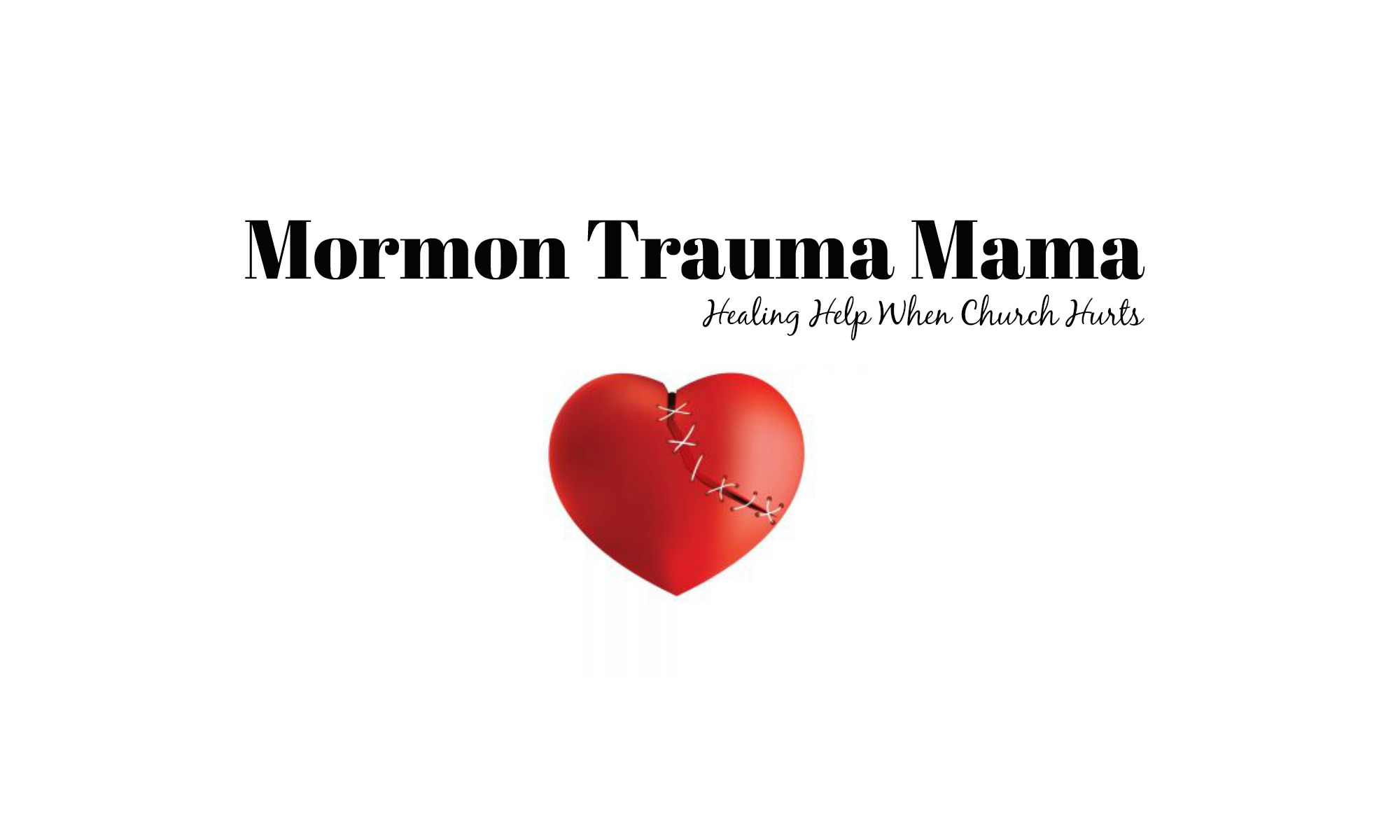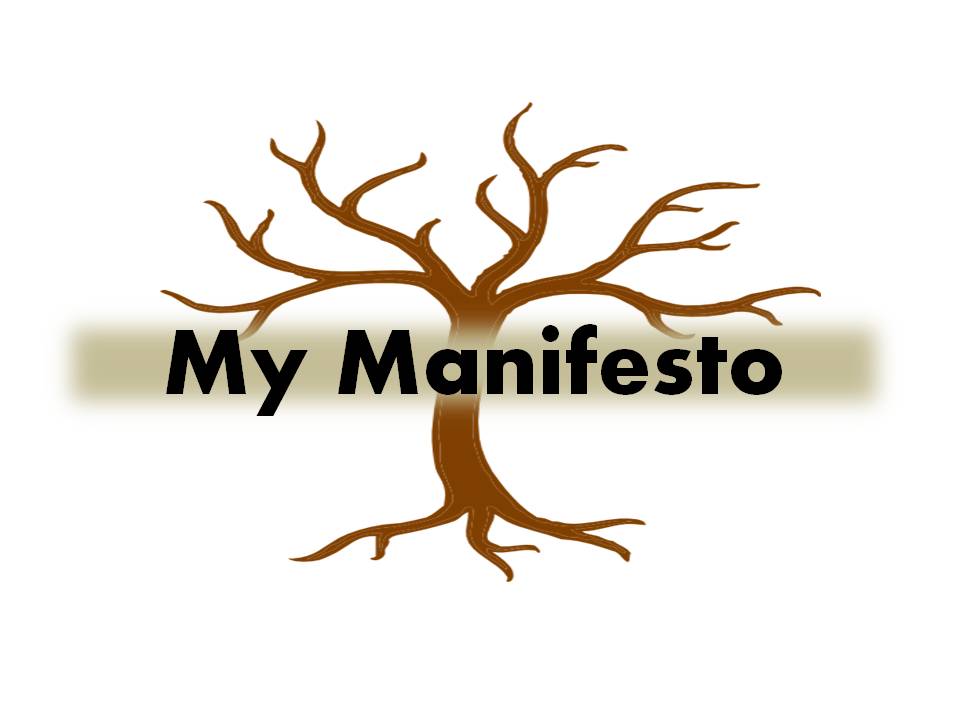What Is Mormon Trauma?
One of my personal favorite powerhouses of our day is an LDS woman, Liz Wiseman. She spoke at a BYU Devotional a few years ago on “The Power of Not Knowing.” While I loved her message, those words struck me anew when I sat down to write this article. The power of not knowing… Although Wiseman was talking about having the courage to move forward through uncertainty and new terrain, the idea of not knowing—of being ignorant or even “dumb”—can indeed sometimes be very deceptively empowering. When we truly don’t know—but think we do—we can teach certain principles and subjects with conviction because we may not have any knowledge of anything contrary. We often believe what we have been taught and then simply teach that as well, not knowing if it is fully true or not.
Ignorance Is Bliss
I remember one of my first encounters with this principle of not knowing. I was living in Chicago. I worked with a man interested in religion. I was fresh out of Mormon-land so I thought this was my opportunity (and responsibility!) to share the true light of the gospel with the world. So I began telling him about my religion. But a problem quickly arose. He asked really hard questions about Deity and the Virgin Mary. I had no idea how to answer his questions. I had never contemplated such matters. Since I knew so little about my religion and about God, I thought I could just impress him by reciting all of the Articles of Faith; surely those verses would contain the answers he was seeking since I personally didn’t know much. After reciting them like a childish girl, I told him I knew that it was all true. It wasn’t hard for him to see through my guise. He asked how I could know it was true if I hadn’t questioned or searched for myself. He said I didn’t “know” anything, that my knowledge was just second-hand faith and that it was good for nothing.
I was deeply troubled. But now I had new lens. He had forced them onto me. Prior to that experience, my ignorance had empowered me to preach with conviction. But I realized from that experience that this man was right; I did not know anything, really. My faith truly was second-hand and good for nothing. I wanted to understand more. I wanted to know my religion. I didn’t want to be ignorant!
A Desire to Know
This desire for religious knowledge led to some other problems, however. Soon after this time, my husband and I moved down to the western part of Illinois to complete our undergraduate studies. We found ourselves in the Nauvoo Stake, which I loved but I soon discovered the sentiment that resided in that region. Similar to how I had proud Mormon pioneer roots, many of these people had proud Mormon exterminator roots. Many people tried to reveal to me more about my “outlandish religion.” I even worked with a woman whose husband was a famous author in this field. Larger lenses were being required. Daily. Constantly. I felt I was being flipped upside down. I’d already had an actual drop-the-book experience when I was asked to read “forbidden anti-Mormon books” for a school assignment at BYU-I (then Ricks College). But now, my mind literally felt like it was going to explode. I had extreme fear and much anxiety. Had I been lied to my entire life?
Mormon Trauma
 I didn’t realize it at the time but I was experiencing my first episode of Mormon trauma. What is Mormon trauma? Mormon trauma is an intense internal disturbance that damages the central core of who we are or always thought we were. It leaves us feeling confused, discouraged, undermined, anxious, weak, and emotionally cut off from Mormons, Mormonism, and often even from connection to God and all mankind. It is different from church trauma due to the unique qualities of the Mormon Church. It overlaps with church trauma, which has been defined as “tension, strain, and conflict about sacred matters with the supernatural, with other people and within oneself as the result of religious mistreatment.” But as I’ve studied church trauma, I’ve realized that Mormon trauma must be considered in conjunction with church trauma due to the fact that some in the LDS Church just experience church trauma; some just have Mormon trauma; and some—the lucky ones!—have both.
I didn’t realize it at the time but I was experiencing my first episode of Mormon trauma. What is Mormon trauma? Mormon trauma is an intense internal disturbance that damages the central core of who we are or always thought we were. It leaves us feeling confused, discouraged, undermined, anxious, weak, and emotionally cut off from Mormons, Mormonism, and often even from connection to God and all mankind. It is different from church trauma due to the unique qualities of the Mormon Church. It overlaps with church trauma, which has been defined as “tension, strain, and conflict about sacred matters with the supernatural, with other people and within oneself as the result of religious mistreatment.” But as I’ve studied church trauma, I’ve realized that Mormon trauma must be considered in conjunction with church trauma due to the fact that some in the LDS Church just experience church trauma; some just have Mormon trauma; and some—the lucky ones!—have both.
People with Mormon trauma experience immense anxiety-inducing emotions as they feel faith and trust in their once beloved religion is being lost. They lose confidence in Joseph Smith, the First Vision, the Book of Mormon, many of the revelations from early church history, and much more. A surprising number of people experiencing Mormon trauma had no prior knowledge of Joseph Smith’s multiple wives. They are astounded by the various accounts of the First Vision. They find that Egyptologists do not translate the Abraham manuscripts the way Joseph Smith did. They are severely troubled by the blood atonement practiced by Brigham Young. And on and on. With all that is to be found, they feel as if they are being introduced to a church history that is completely foreign. Something that was once so “sure” and “certain” now seems completely false, ugly, and despicable. It leaves them feeling anxious, guilty, and sometimes unworthy for discovering and even partaking of the “forbidden fruit.” Will they be cast off forever? Where are they to go from here?
Outcomes of Mormon Trauma
Studies on this have shown that most who have Mormon trauma do leave the Church (>56%). Some leave on their own; some are “kicked” out; some just keep their peace and choose to stick with it (>20%).
But what happens emotionally and mentally to these people? While much work is needed in this area, some researchers have started to look at religions like Mormonism and how those who discover such harmful teachings are affected long-term. Studies show that individuals who experience trauma from strong authoritarian religions like Mormonism have a variety of negative outcomes (Bilsky, 2013). They include the following:
- Emotional strain caused by cognitive dissonance. They have deeply disturbing questions: Should I stay in the church? Should I tell my family? Should I shut up and just try to get along? Who can help me sort through this? They feel like they are living in two minds: their old church mind which now seems naive, and their new enlightened mind with its forbidden knowledge;
- Difficulty engaging in religious practices and spiritual practices. They feel out of place when they go to church. Sunday school and sacrament meeting talks about early church history and Joseph Smith no longer ring true to them. They feel they can no longer teach or preach the doctrine; thus, service within the church becomes an issue;
- Loss of faith, meaning, and a critical source of valued social support. Many suffer in their social relationships. Former church friends often start to consider them heretics. Sufferers often experience avoidance, silence, even mobbing via gossip from church members due to their nonconformity. This only increases the likelihood of departure as they are often simply ignored and overlooked by the majority of other members;
- Difficulty trusting others. They feel their trust has been betrayed by church members and leaders. Many feel a lack of trust in old methods because they feel betrayed by the old system. They don’t dare trust their old feelings. Many feel a loss of desire to pray. (>47% become agnostic.);
- Intense negative emotions and confusion. They are frequently furious. They often have taught people about Joseph Smith on their missions or in church settings without knowing any of the negative facts. Consequently, they feel taken advantage of—Was the church trying to fool them for their own purposes? They no longer believe inspiration, healing, and revelation are limited to the LDS Church;
- Episodic self-blame and poor self-image. They feel guilty they learned what they learned. They feel they shouldn’t have even read it. They aren’t sure they can trust their own feelings. They often feel unworthy of blessings. They have a desire for guidance but do not know where to get it. It seems no one wants to listen and help them work through this episodic experience.
What Now?
So what if this is you? What if you have experienced Mormon trauma? Where do sufferers go from here? Thankfully there are more and more support groups for those who have or who are experiencing Mormon trauma. Studies show that the heart of this struggle seems to be loneliness—no one seems to understand. But when we can normalize these experiences, when we can put a name to them and find others who also suffer, healing can begin. Connecting and talking it out are key. Whether one chooses to walk away from the religion or find a way to stay is not the most critical issues to those who truly understand the hardships and complexities involved in Mormon trauma. The truth is, few, if any, walk away from Mormonism frivolously. Yet, too many times the traumatized are left to suffer alone by means of shunning and victim blaming—calling these experience offense when they are anything but offense-based. Thus, finding people who understand and support is vital in the healing process.
If you believe you are experiencing Mormon trauma, be patient with yourself. Healing takes time. Accept the hurt. Accept the pain. Accept that your lens has changed and will never be the same again. Allow this journey–this process–to evolve. Breathe deeply. Find time to contemplate and enjoy life as it is in this very moment! Appreciate the beautiful aspects of your unique journey. Humbly embrace everyone that enters your life and release those that leave. Feel and trust that everything is all right just as it is–just as you are. You are loved; you are good enough; you are going to make it!



